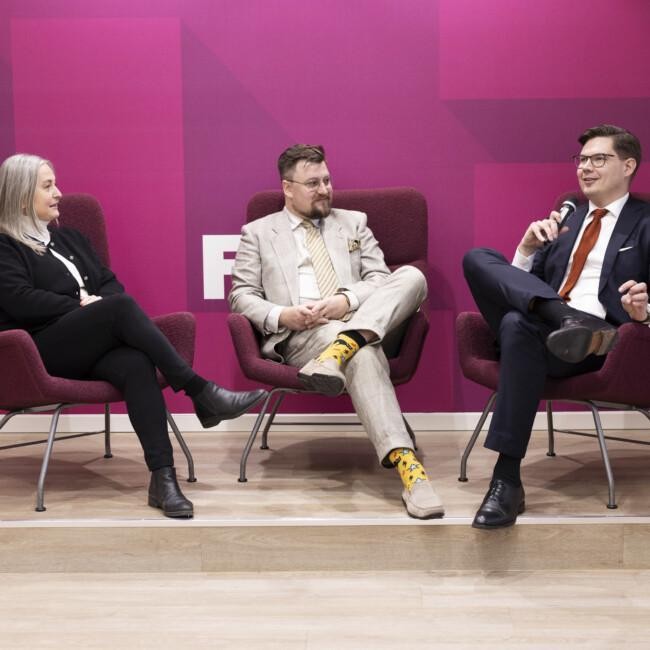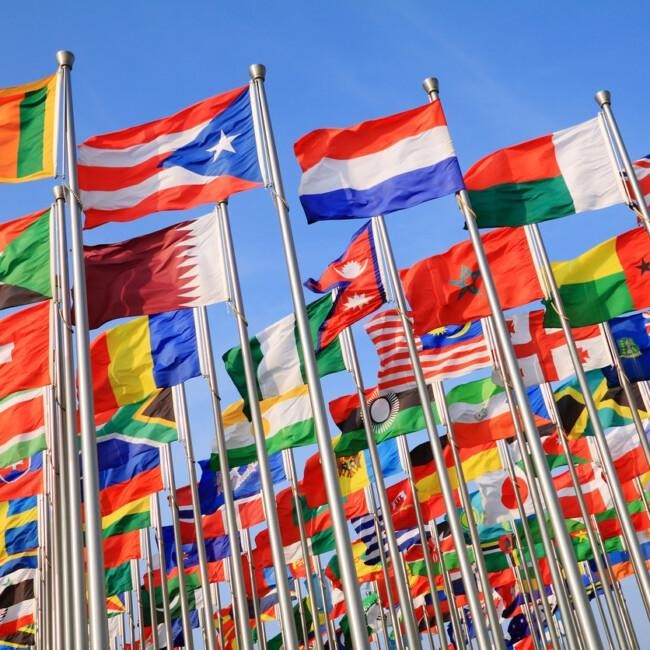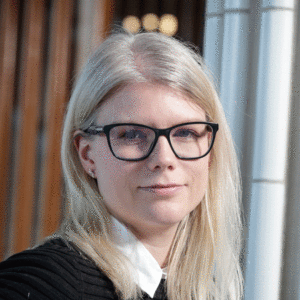
The Finnish Institute of International Affairs (FIIA) is conducting a research project titled “Multilateral cooperation in an era of strategic competition: Options for influence for Finland and the European Union”. The project is a part of the Finnish Government’s 2022 analysis, assessment, and research activities (VN-TEAS) and will conclude in February 2023.
Multilateral cooperation is one of the key organizing principles of international relations in general and conduct of foreign policy in particular. Despite significant advancements, development of multilateral cooperation has not been linear, and setbacks and crises of multilateralism have been frequently identified.
Many of the key regional and global organizations have faced major challenges to deliver answers to emerging regional and global challenges. The United States’ shifting commitment to multilateralism has hindered transatlantic and Western stewardship in multilateral fora. Intensifying strategic competition among major powers as well as increasing multipolarity, together with a rising tide of nationalism around the world, have injected added complexity to the operating environment of multilateral decision-making. These developments have taken place alongside the growing importance of informal forms of multilateral cooperation and different exclusive groups and clubs of most relevant states. Furthermore, consolidated agreements on European security are currently under pressure due to Russia’s demands and aggressions in Ukraine.
Strengthening multilateral cooperation is a key long-standing objective of many smaller states such as Finland, as well as the European Union. Given the ongoing transformations in multilateral cooperation and exacerbating global challenges, the proposed research aims to increase the understanding of contemporary multilateralism(s) and accumulate knowledge on, and advance discussion of, policy options available for Finland and the EU to defend and strengthen multilateral cooperation in an era of intensifying strategic competition. It assumes that informal forms of multilateral cooperation constitute an increasingly important feature of multilateralism, which deserves to be put under closer scrutiny also in states largely excluded from the key formats of it.
The general aim of the proposed research is to examine recent developments and current state of multilateral cooperation in general and its informal forms in particular, and to assess Finland’s and the EU’s possibilities to influence this cooperation. To reach this overall goal the project undertakes the following interlinked research aims:
-
To discuss recent and emerging developments in multilateral cooperation. This includes identification of key drivers of change, and analyses of their implications for the formal fora of multilateral cooperation.
-
To examine informal multilateral cooperation, especially exclusive formats such as the G7 and G20, and their relationship with formal organizations.
-
To analyze the interests and aspirations of the EU, US, China, and Russia with regard to multilateral cooperation.
-
To assess the management of the Covid-19 pandemic and health security via multilateral cooperation.
-
To assess Finland’s possibilities to influence informal multilateral cooperation through (i) membership of the EU and (ii) other actions (diplomatic and expertise based).
The research team consists of Programme Director Juha Jokela, Programme Director Katja Creutz, Visiting Senior Research Fellow Anna Kronlund, Postdoctoral Fellow Ville Sinkkonen, Senior Research Fellow Jyrki Kallio, Leading Researcher Niklas Helwig, Senior Research Fellow Ryhor Nizhnikau, Research Fellow Johanna Ketola, and Assistant Researcher and Coordinator Alana Saul.












